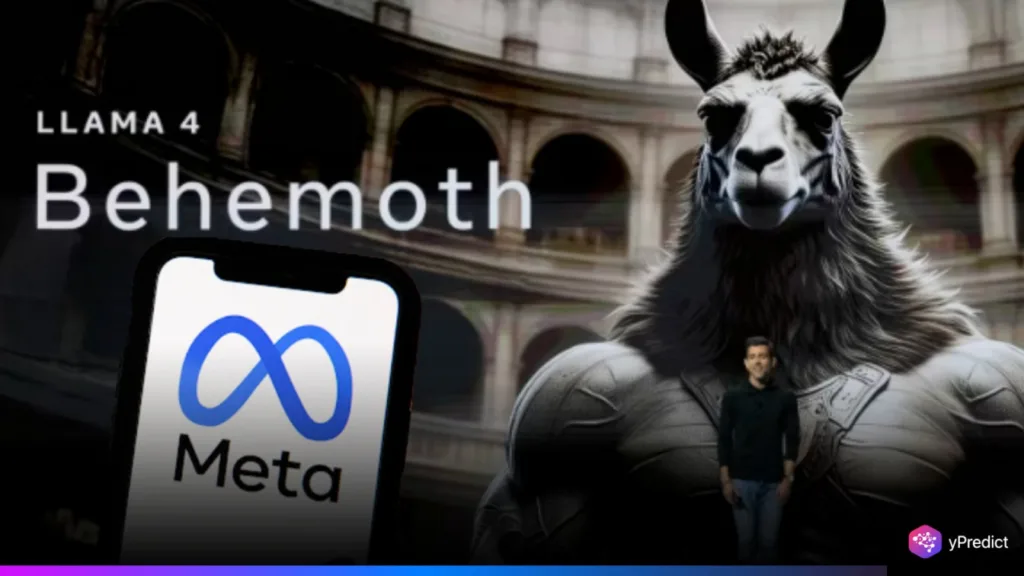
Meta has decided to postpone the launch of its advanced large language model, Behemoth AI, citing internal evaluations that raised concerns about its readiness. According to reports, the Behemoth AI delay decision is based on the model’s failure to demonstrate a meaningful advantage over existing systems, like as OpenAI’s GPT-4, Google’s Gemini, and Anthropic’s Claude 3.
Behemoth AI Delay Disrupts Meta’s AI Roadmap
According to a report by the Wall Street Journal, Meta Platforms is facing delays in the launch of its next-generation artificial intelligence model, Behemoth, causing internal debate over the strategic direction of its AI initiatives.
The development team struggled to provide major performance advantages in Behemoth compared to previous versions, prompting doubts about the model’s readiness for public release.
The model was originally scheduled to be released in April to coincide with Meta’s inaugural artificial intelligence developer conference. However, internal schedules were later modified, first moving the projected launch to June and now to the autumn or later.
This setback occurs despite Meta’s considerable financial commitment to AI, with expected capital expenditures of up to $72 billion this year. A large portion of the expenditure goes towards the company’s overall goal of becoming a leader in the AI business.
While Meta has made rapid progress in catching up with key rivals such as OpenAI and Google, the latest delay has caused concern among employees and analysts.
Although CEO Mark Zuckerberg and other executives have not set an official release schedule, Meta may choose to launch a scaled-down version of the model if internal performance concerns remain. However, experts warn that doing so might undermine Meta’s public claims about the quality of their AI technology.
Internal Challenges and Strategic Implications
Meta is under increasing internal pressure as its engineers deal with performance issues related to their flagship AI model, Behemoth. Despite earlier claims that the model outperforms competitors such as OpenAI, Google, and Anthropic on specific benchmarks, internal assessments indicate that the advances over previous versions fall short of expectations.
This discrepancy between public positioning and actual capabilities has sparked debate within the organisation about whether Behemoth is ready for a larger rollout.
Moreover, the Behemoth AI delay has sparked internal debates among Meta’s AI research teams, particularly those managing the Llama 4 model architecture, which serves as the foundation of Behemoth. According to sources familiar with the situation, top management is becoming more dissatisfied with the speed of progress and is seriously considering significant leadership changes inside the AI product group to address persistent performance concerns and continued strategy misalignment.
Apart from that, the setback puts more strain on Meta’s AI Research (FAIR) and Generative AI (GenAI) divisions, which are under increasing pressure to produce both cutting-edge research and seamless integration of AI tools throughout the company’s platforms. These include their core applications like WhatsApp and Instagram, as well as Meta’s long-term projects in the metaverse.
Conclusion
Meta postponed the release of its Behemoth AI model, reflecting increasing scrutiny and challenges in building powerful language models today. This setback exposes internal struggles and industry pressures, but also shows Meta’s deliberate approach to preparation and competitive market positioning. The company invests heavily in AI infrastructure and continuously improves its model architecture to strengthen its presence in generative AI development. While the Behemoth AI delay reflects performance concerns, it may also signal Meta’s cautious long-term vision in the competitive AI race.






